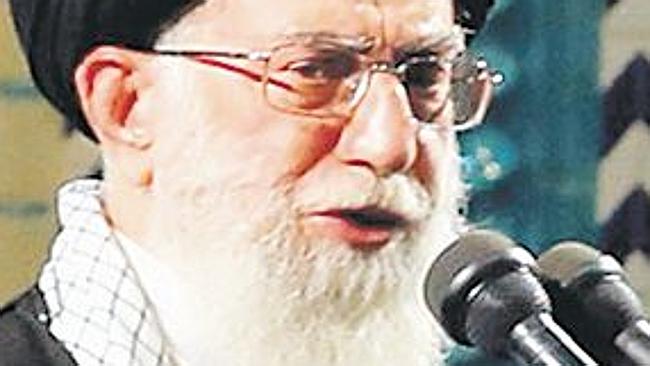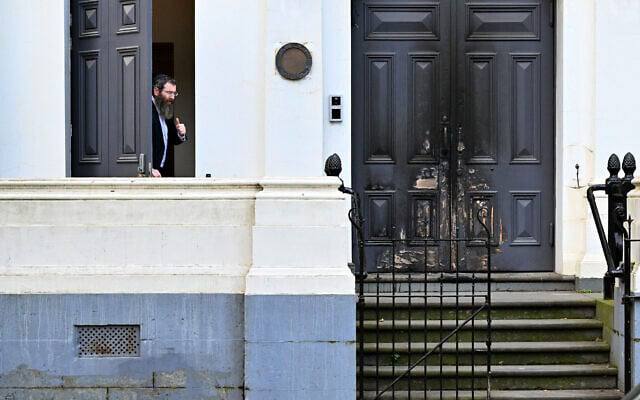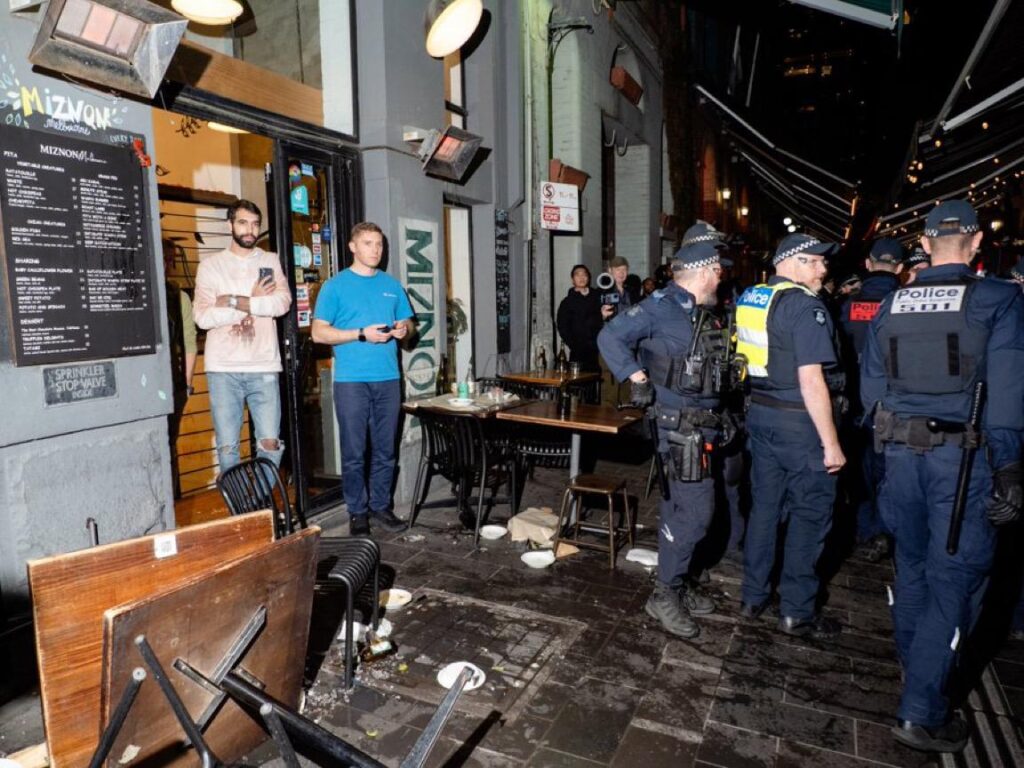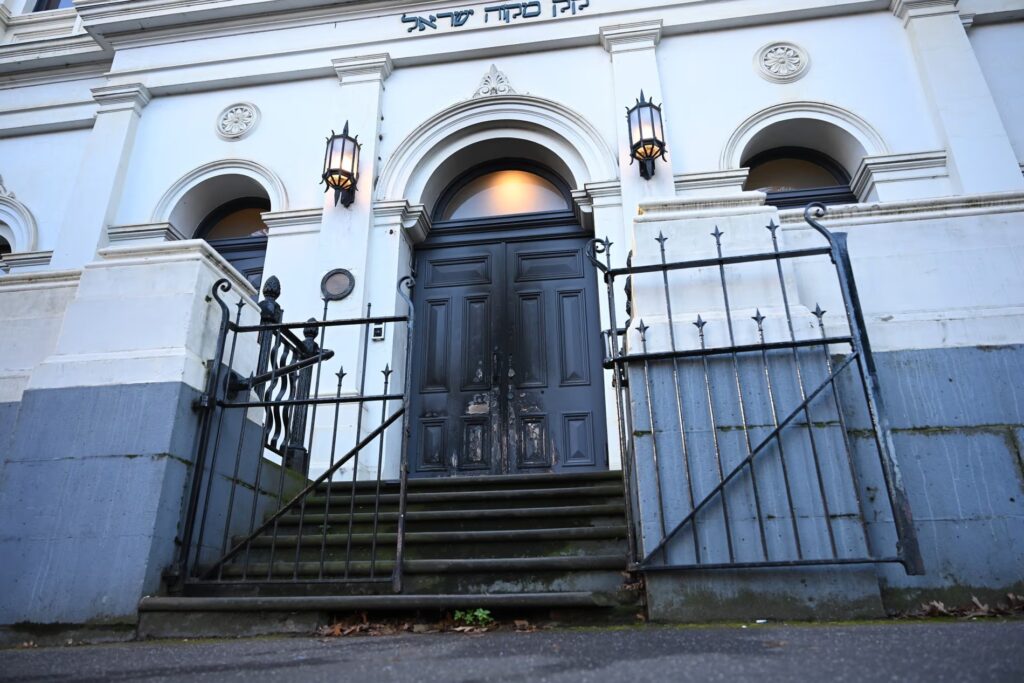IN THE MEDIA
Iran’s lies disguise terror network
April 2, 2015 | Colin Rubenstein

COLIN RUBENSTEIN
HERALD SUN – APRIL 01, 2015 8:41PM
IN view of the Obama administration’s attempts to mend relations with Tehran, it’s important to remember the truly revolutionary, ideological and repressive nature of the Iranian regime.
Far from becoming more moderate, Iran remains a leading human rights abuser, still committed to Ayatollah Khomeini’s vision of exporting the revolution and, with it, Iran’s intolerant, fundamentalist version of Shia Islam.
Last October, as Yemen’s capital was falling to the Iranian-backed Shi’ite Huthi who now control it, Ali Riza Zakani, an Iranian parliamentarian close to leader Ayatollah Khamenei, stated that three Arab capitals (Baghdad, Damascus and Beirut) had already fallen into Iran’s hands and described the events in Yemen as “a natural extension of the Iranian revolution”.
The Arab coalition’s current major military campaign in Yemen, led by Saudi Arabia and Egypt, is precisely aimed to stem and reverse Tehran’s threatening inroads across the Middle East.
Iran is the leading state sponsor of terrorism. It calls any country that embraces Western values – especially if it stands in the way of Iran’s expansionist plans, as the US does – an enemy of the Islamic Republic. That is unlikely to change as the very legitimacy of the theocratic regime is based on its supposed ability to confront an aggressive enemy, the West.
Repeated US efforts at rapprochement with Iran have been consistently denounced by Tehran, which refers to it as “the Great Satan”. At times the Iranians have been prepared to talk, but only to try to gain concessions and each US administration has achieved little, as the regime continues on its extremist path after banking the trade concessions or reduced sanctions available.
Furthermore, Iran, often through its terrorist proxies, primarily Hezbollah, has been responsible for numerous terror attacks against US and other Western targets. Those attacks, including on US and French soldiers in Beirut and Saudi Arabia, Jewish civilians in Buenos Aires and Bulgaria and Iranian regime opponents throughout Europe, have killed hundreds, while Iran’s support for insurgents in Iraq from 2003 to 2010 killed thousands of US and allied troops.
Many see certain Iranian leaders, most recently President Hassan Rouhani, as moderate. But all real power resides in the Supreme Leader, of whom there have been only two since 1979: Ayatollahs Khomeini and Khamenei. Any dissent, such as the 2009 “Green Movement”, is crushed. The situation under the “moderate” Rouhani has not improved, with the UN reporting more than 1000 executions since the start of 2014.
Iranian leaders constantly call for Israel’s destruction. Supreme Leader Khamenei, for example, has called Israel a “rabid dog” and a “cancer that must be excised”. In March, the supposedly moderate Foreign Minister, Javad Zarif, said Israel “should be annihilated”.
Understandably, Israel, and many of Iran’s Arab neighbours, is concerned about the prospect of Iran acquiring nuclear weapons.
Under both the nuclear non-proliferation treaty and legally binding UN Security Council resolutions, it is illegal for Iran to do so – but Iran claims its program is for civil purposes. However, the record demonstrates that is highly unlikely. Iran has refused any deal, such as having its uranium enriched elsewhere, that would enable it to use the uranium for civil, but not military, purposes.
IT also hides its program from inspectors. It concealed the existence of both its major enrichment facilities, at Natanz and Fordow, until they were discovered by Western intelligence agencies. Just last month, the International Atomic Energy Agency complained that Iran’s co-operation with its inspectors was slow. Furthermore, Iran is also developing missiles that can only be used to deliver a nuclear payload and trigger mechanisms for use in nuclear weapons.
Seemingly oblivious to the threatening implications, the Obama administration seems so eager to reach a new detente with Iran that it has virtually already conceded an Iranian nuclear threshold status.
Furthermore, the Iranians are likely to treat any agreement as a sign of weakness to be exploited, pocket any concessions they can and then continue with their destructive agenda.
Whether there is further delay or a deal from the concluding Lausanne Iran nuclear talks, any accord would only guide further negotiations until the supposed final deadline of June 30.
As Israel’s Benjamin Netanyahu recently told a receptive US Congress, any deal that ultimately allows Iran to acquire nuclear weapons capability is a bad deal. The consequences, at best, are increased Iranian hegemony over the region and a dangerous nuclear arms race among its neighbours.
As he suggested, while it is true that Iran and the West share a common enemy in Islamic State, it is not always true that the enemy of your enemy is your friend.
Important US allies, including Australia, should use whatever influence they have to ensure that any ultimate deal is effective in limiting Iran’s nuclear aspirations and don’t confer unwarranted, premature legitimacy on an unreformed rival.
Any deal must ensure Iran can’t suddenly break out and achieve nuclear weapons capability before it can be stopped, which means degrading rather than retaining its nuclear infrastructure, with sanctions relief linked to improved Iranian behaviour.
The impact of Iran’s nuclear ambitions are so far-reaching, and the consequences of a bad, ineffective deal so dire, that it’s crucial for our own national interest that any deal struck deprives Tehran any path to the bomb – today, tomorrow, or in the distant future.
Dr Colin Rubenstein is executive director of the Australia/Israel & Jewish Affairs Council and formerly lectured in Middle East politics at Monash University
Tags: International Security, Iran





